Sustainable Development Goals (Advanced)
Résumé de section
-
In September 2015, the 193 United Nations Member States adopted 17 Sustainable Development Goals (SDGs) to be achieved by 2030. These 17 SDGs set ambitious goals for the 5 Ps: People, Planet, Prosperity, Peace and Partnerships. Each community, each territory, each country is invited to adopt this universal Agenda, the challenge being to build and implement collectively constructed roadmaps adapted to these different contexts.
The purpose of this advanced course is to inform, sensitize, and encourage mobilization around these SDGs. First of all, it proposes a detailed study of the state of humanity and the planet in 2019, a situation that allows us to understand the idea and reaffirm the need for SDGs. Beyond a presentation of these objectives, their targets and their monitoring indicators, the course examines, based on an analysis and examples, one of the major difficulties encountered in making these SDGs operational: managing the contradictions between some of their targets. Finally, a study of what is possible to do concretely is proposed. The role of public, economic, financial, media and associative stakeholders is thus examined, as well as the equally important role of citizens and youth. -
 This introduction provides an overview and a first analysis of the current situation in the world with regard to the 17 SDGs. The data is based on the Global Sustainable Development Report published in September 2019 (GSDR 2019), a reference document that shows how far we have to go by 2030. Focuses are proposed on the issues of inequalities, planetary boundaries and adaptation to global change.Activités : 5
This introduction provides an overview and a first analysis of the current situation in the world with regard to the 17 SDGs. The data is based on the Global Sustainable Development Report published in September 2019 (GSDR 2019), a reference document that shows how far we have to go by 2030. Focuses are proposed on the issues of inequalities, planetary boundaries and adaptation to global change.Activités : 5 -
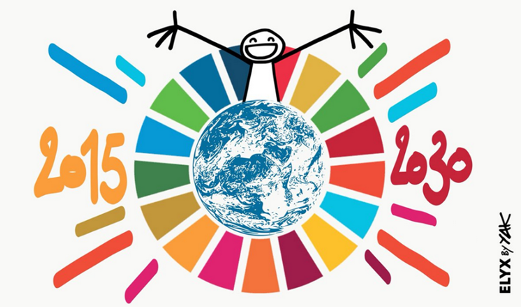 The videos in this section provide a good understanding of the genesis of the 17 SDGs and the vision they carry. They highlight their strength and originality in the history of development and sustainable development, both for countries of the South and countries of the North. They also provide a better understanding of the relationship between these SDGs and the Paris Climate Agreement, also adopted in 2015.Activités : 6
The videos in this section provide a good understanding of the genesis of the 17 SDGs and the vision they carry. They highlight their strength and originality in the history of development and sustainable development, both for countries of the South and countries of the North. They also provide a better understanding of the relationship between these SDGs and the Paris Climate Agreement, also adopted in 2015.Activités : 6 -
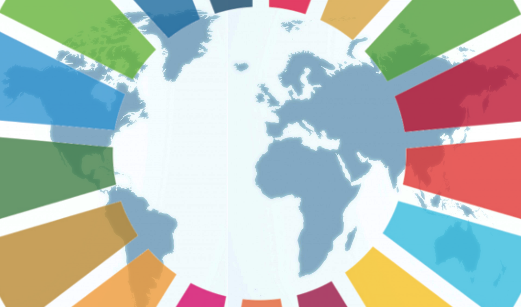 These videos explain what the 17 SDGs are, the 169 targets associated with them and the monitoring indicators identified to track trends. They focus on the interactions between the SDGs, which can lead to synergies or antagonisms, and which must be considered in all action programs. Numerous examples are provided to illustrate this.Activités : 9
These videos explain what the 17 SDGs are, the 169 targets associated with them and the monitoring indicators identified to track trends. They focus on the interactions between the SDGs, which can lead to synergies or antagonisms, and which must be considered in all action programs. Numerous examples are provided to illustrate this.Activités : 9 -
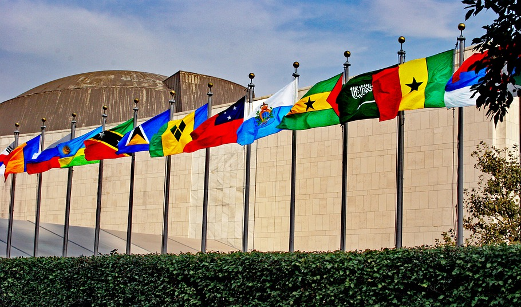 These videos deal with the appropriation of the 17 Sustainable Development Objectives by the States and by local authorities. Based on examples from all over the world, it shows what the different modalities and tools for this appropriation of the SDGs in the framework of public action can be.Activités : 8
These videos deal with the appropriation of the 17 Sustainable Development Objectives by the States and by local authorities. Based on examples from all over the world, it shows what the different modalities and tools for this appropriation of the SDGs in the framework of public action can be.Activités : 8 -
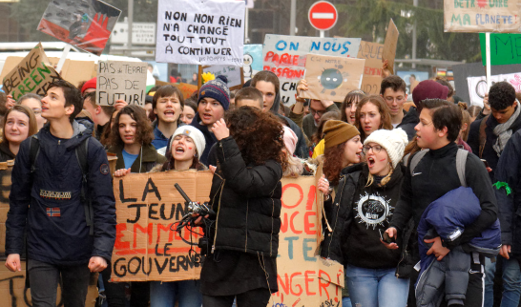 The videos in this section focus on the appropriation of the 17 Sustainable Development Goals by non-state actors, such as businesses, civil society, citizens and youth. As this mobilization of all must be able to rely on mobilizing forces, the contributions of finance, trade unions or the media to the setting in motion of society as a whole are analyzed.Activités : 10
The videos in this section focus on the appropriation of the 17 Sustainable Development Goals by non-state actors, such as businesses, civil society, citizens and youth. As this mobilization of all must be able to rely on mobilizing forces, the contributions of finance, trade unions or the media to the setting in motion of society as a whole are analyzed.Activités : 10 -
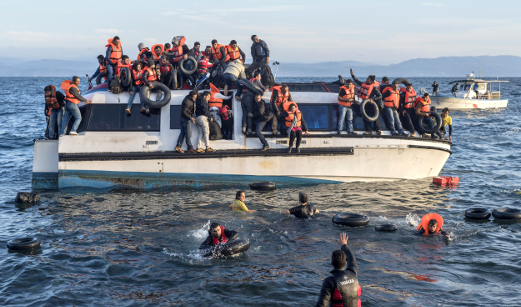 The concluding video of this course proposes a reflection on two major questions quite fundamentally linked to these Sustainable Development Objectives and which concern us very directly: that of the preservation of the rule of law and that of human health, understood in all its dimensions.Activités : 1
The concluding video of this course proposes a reflection on two major questions quite fundamentally linked to these Sustainable Development Objectives and which concern us very directly: that of the preservation of the rule of law and that of human health, understood in all its dimensions.Activités : 1
